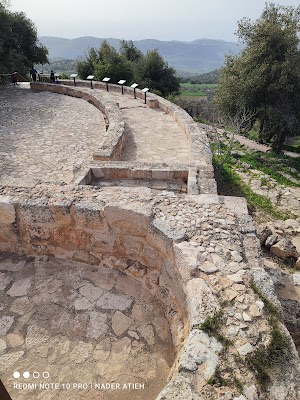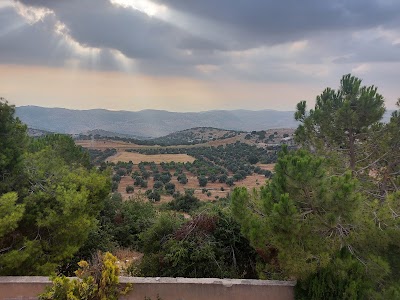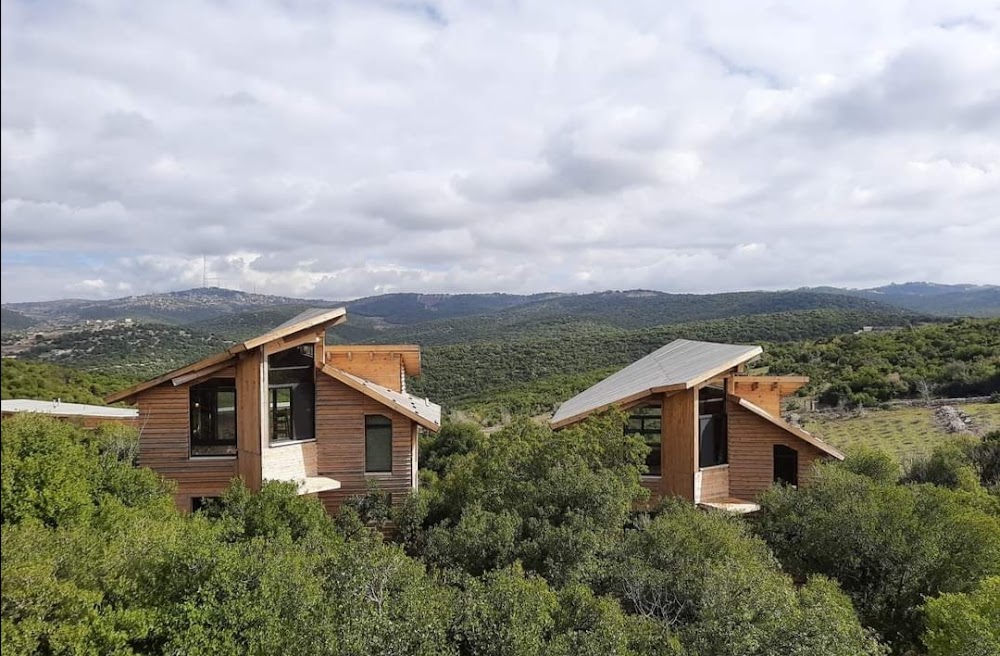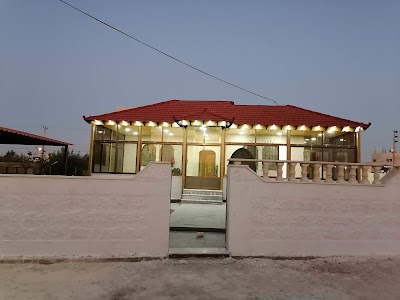Tell Mar Elias (تل مار إلياس)
Overview
Perched atop a hill with sweeping views of the lush valleys and gently rolling hills of Ajloun, Jordan, lies **Tell Mar Elias**, a site of profound historical and religious significance. Believed to be the birthplace of the prophet Elijah (also known as Elias), this ancient location is rich in historical remnants that together weave a vivid tapestry of the region's past and spiritual heritage.
Stepping onto Tell Mar Elias, visitors are immediately captivated by the majesty of its surroundings. The verdant landscape, characterized by olive trees and fertile lands, provides a serene backdrop that enhances the sanctity of the site. The name Tell Mar Elias translates to "Hill of St. Elijah," and it is revered across religious traditions as the home of one of the Old Testament’s most fiery prophets.
The significance of Tell Mar Elias spans several millennia, with archaeological evidence indicating that it was inhabited as early as the Iron Age. The most prominent findings date back to the Byzantine period, around the 5th to 7th centuries AD, when a magnificent basilica complex was constructed. Dedicated to St. Elijah, these structures include two churches, known for their impressive designs and intricate mosaic floors. The mosaics, depicting an array of motifs—from floral patterns to geometric designs—reflect the rich artistic culture of the time and stand as some of the finest examples of Byzantine art in Jordan.
Tourists can explore the remnants of these grand structures, beginning with the larger basilica, which likely served as the center of worship. Its sizable nave, flanked by columns, still conveys a sense of the grandeur it once held. Adjacent to the basilica, the smaller church features well-preserved sections of its mosaic flooring, offering a glimpse into the meticulous craftsmanship that characterized Byzantine religious art.
One of the most striking aspects of Tell Mar Elias is its ability to connect visitors to a deep sense of history and spirituality. According to religious texts, Elijah performed great miracles, including calling down fire from heaven and ascending to heaven in a chariot of fire. Such stories imbue the site with a sense of the miraculous and the divine, prompting reflection and awe among visitors. An annual pilgrimage, held on July 20th, further accentuates its significance, drawing believers who seek to honor the memory and legacy of Prophet Elijah.
Beyond its religious and historical heritage, Tell Mar Elias offers tourists an opportunity to enjoy the natural beauty and tranquility of the Ajloun region. The hill’s elevation provides panoramic views, making it an ideal spot for photography and quiet contemplation. The surrounding area is perfect for walking tours and hikes, where one can explore the rich flora and fauna indigenous to this part of Jordan.
Visitors to Tell Mar Elias can also complement their trip with a visit to the nearby **Ajloun Castle**, a marvel of Islamic military architecture dating back to the 12th century. This juxtaposition of an ancient religious site and a medieval fortress offers a comprehensive glimpse into Jordan’s diverse historical narrative, all within a short distance.
In summary, Tell Mar Elias is not just a site of archaeological and historical importance; it is a place where history, religion, and nature converge beautifully. Its ancient ruins tell tales of a bygone era, its mosaics whisper stories of artistic prowess, and its serene environment offers a retreat from the modern hustle and bustle. For tourists seeking a deeper understanding of Jordan’s multifaceted heritage, a visit to Tell Mar Elias is both a blessing and an unforgettable journey into the heart of antiquity.







